Service hotline
+86 0755-83044319
release time:2022-03-03Author source:SlkorBrowse:8221
Design of non-inductive micro-motor scheme based on GD32E230/F303 series MCU
The dental handpiece, also known as the oral handpiece, is a medical device dedicated to the stomatology department. Since its inception, it has been welcomed by patients and operators with its extraordinary rotational speed, quickly replacing the electric handpiece and becoming an indispensable part of today's dental work. missing tools
This solution uses Zhaoyi's innovative GD32E230/F303 series MCU as the main control. It has the characteristics of fast, stable, low noise and low cost. It can be used in dentistry to hold high-speed dental burs for drilling, grinding, cleaning and beauty care, etc. .

Electrical parameters of motor scheme
· Speed ≥300000rpm, maximum torque range 0.075-0.15N.cm
· Forward/reverse/speed control/speed display
· Multi-way valve control
· Noise<70dB
1. GD32E230 non-inductive square wave control low-cost solution
Program Features
The GD32E230 value-added MCU with Arm Cortex-M23 core is used as the main control. In the non-inductive square wave control, the commutation signal is mainly obtained by means of the zero-crossing point of the back-EMF (the signal of the zero-crossing point of the back-EMF and the commutation of the motor The signals are out of phase by 30° electrical degrees). In order to obtain the signal of the zero-crossing of the back electromotive force, the hardware comparator method is used to compare the value of the terminal voltage detected with the neutral point voltage of the motor to obtain the signal of the zero-crossing of the back electromotive force.

This solution has the characteristics of simple circuit and low cost, and is mainly used in tooth cleaning equipment, tooth care and other occasions.
Solution circuit board


GD32E230 series MCU main specifications
· Cortex-M23@72MHz, 55DMIPS processing performance
· Flash: 64KB/32KB/16KB
· SRAM : 8KB/6KB/4KB
· High-speed and high-precision ADC, 12Bits ADCx1@2.6Msps, 10 channels
· Advanced timer x1, which can generate 6 complementary PWM outputs with adjustable dead time
· Universal Timer x5
· Flash with hardware encryption protection
· Multiple serial communication methods: I2Cx2, SPIx2, UARTx2;
· Rich package types: TSSOP20/LGA20/QFN28/QFN32/LQFP32/LQFP48
· Supply voltage: 1.8V~3.6V
· Independent resources such as single-cycle hardware multipliers, hardware dividers, hardware dividers, Nested Vectored Interrupt Controllers (NVICs)
· Industrial-grade operating temperature range: -40℃~105℃
· Industrial ESD Characteristics: 6000 Volt
2. GD32F303 non-inductive FOC control high-performance solution
Program Features
Non-inductive FOC control mainly uses the mathematical model of the motor and the knowledge of some automatic control principles to realize the control of the motor. In the control of non-inductive FOC, it is usually necessary to use the corresponding observer to obtain the rotor position indirectly, in order to obtain better dynamic and static characteristics, control accuracy, response speed and stability performance of the system. This solution is designed with the GD32F303 mainstream MCU based on the Arm Cortex-M4 core. The GD32F303 has its own floating-point operation function, which can better control the PID proportional parameter setting through floating-point operation, and has fast dynamic response.
The control method adopts the sliding film ring observer method (for the specific formula and principle, please refer to the application data of brushless DC motor control). It is realized by the control principle of the variable structure of the synovium in the automatic control principle. The variable structure of the synovial membrane is actually a control strategy of the variable structure control system. Often referred to as "sliding mode" or "sliding mode" motion. This sliding mode has nothing to do with the parameters and disturbances of the system, and can be designed, so the system has good robustness.
Solution technical highlights
The starting of the brushless and non-inductive DC motor is a very critical step. In order to achieve the characteristics of fast and stable starting and low noise, this scheme adopts the I/F starting method. The core of the I/F starting method is to generate a rotating current vector whose amplitude follows the reference value and the frequency gradually increases in the armature winding, so that the rotor can be accelerated to start. Its characteristic is that it works in the state of speed open loop and current closed loop. After the coordinate transformation of the stator winding current, it is projected on the rotating coordinate system determined by the command position angle, and is constrained by the expected value, which can effectively avoid overcurrent. Its control block diagram is shown in the following figure.

The rotation speed of this solution can be 100~380,000 RPM at high and low speeds, and is suitable for micro high-speed motor applications, such as medical dental high-speed handpieces, grinding machines, etc.
Solution circuit board

GD32F303 series MCU main specifications
· Cortex-M4@120MHz main frequency, 150DMIPS processing performance
· Flash: 256KB~3072KB
· SRAM : 48KB~96KB
· Supply voltage: 2.6V~3.6V
· 3 12-bit ADC@2.6Msps, 21ch
· 1 24-bit SysTick timer system tick timer, up to 4 general-purpose 16-bit timers, 2 basic timers and 1 enhanced timer
· Multiple serial communication methods: I2C x2, SPI x3, USART+UART x5
· Rich package types: LQFP48/LQFP64/LQFP100/LQFP144
· Independent resources such as single-cycle hardware multipliers, hardware dividers, hardware dividers, Nested Vectored Interrupt Controllers (NVICs)
· Floating Point Unit
· Industrial-grade operating temperature range: -40℃~85℃
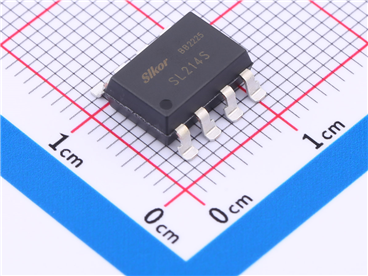
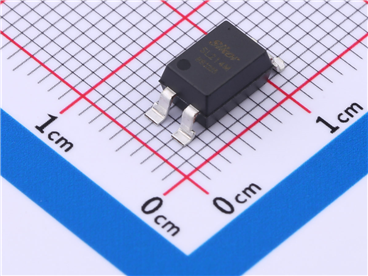
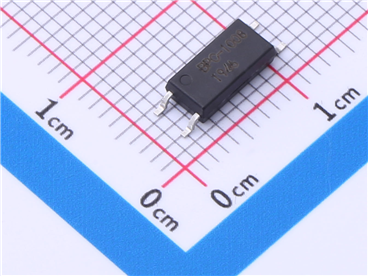
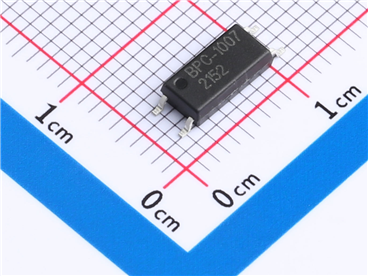
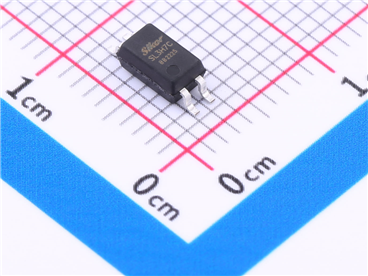

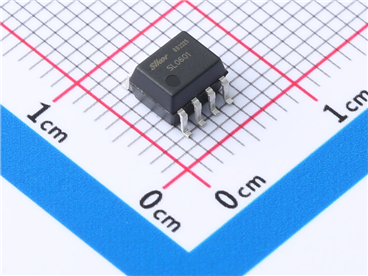


Site Map | 萨科微 | 金航标 | Slkor | Kinghelm
RU | FR | DE | IT | ES | PT | JA | KO | AR | TR | TH | MS | VI | MG | FA | ZH-TW | HR | BG | SD| GD | SN | SM | PS | LB | KY | KU | HAW | CO | AM | UZ | TG | SU | ST | ML | KK | NY | ZU | YO | TE | TA | SO| PA| NE | MN | MI | LA | LO | KM | KN
| JW | IG | HMN | HA | EO | CEB | BS | BN | UR | HT | KA | EU | AZ | HY | YI |MK | IS | BE | CY | GA | SW | SV | AF | FA | TR | TH | MT | HU | GL | ET | NL | DA | CS | FI | EL | HI | NO | PL | RO | CA | TL | IW | LV | ID | LT | SR | SQ | SL | UK
Copyright ©2015-2025 Shenzhen Slkor Micro Semicon Co., Ltd